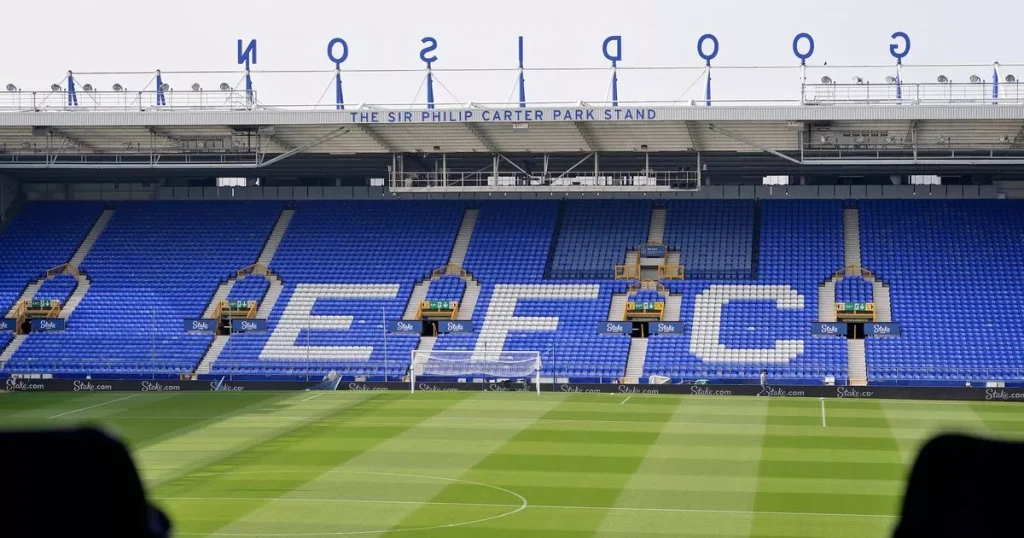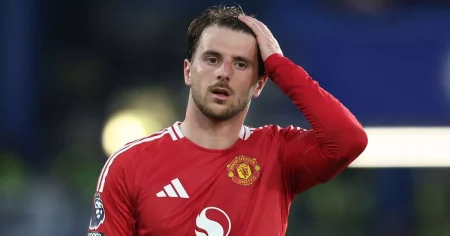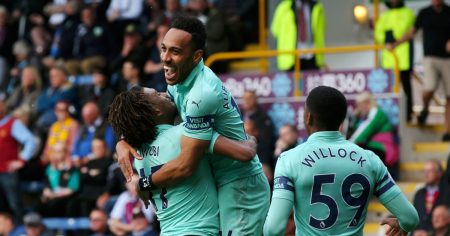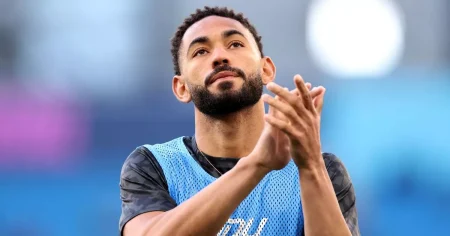The potential takeover of Everton by US-based 777 Partners is facing delays and doubts due to the group’s struggles to meet the conditions set by the Premier League. The league had suggested certain prerequisites for the approval of the bid, including depositing funds into an escrow account, converting loans into equity, proving access to funding for a new stadium, and repaying a loan to the club. An extension has been requested for the loan repayment deadline, which could be crucial for the deal’s conclusion as the group tries to secure funds. The investment firm has sought out lenders, such as Blue Owl Capital, to help finance the acquisition of the club.
The Toffees have experienced setbacks with points deductions for breaching Premier League profit and sustainability rules. They were initially deducted 10 points, which was later reduced to six, and received a further punishment of two points. The independent Commission determined the appropriate sanction for the breaches and emphasized the significance of penalties for such violations. Everton is currently appealing the decision while sitting in 16th place in the Premier League, just two points above the relegation zone. The ongoing challenges related to the takeover and points deductions add pressure to the club’s performance on the field.
Farhad Moshiri had agreed to sell a 94.1% stake in Everton to 777 Partners as far back as September. The US fund, which already owns clubs like Hertha Berlin and Standard Liege, has faced scrutiny over its ability to raise funds for the acquisition. Reports indicate that the group has reached out to various lenders to secure the necessary financing for the deal. The current financial challenges and delays surrounding the takeover process have created uncertainty and speculation about the future ownership of Everton and the implications it may have on the club’s operations and development.
The reported struggles and delays regarding the Everton takeover have led to concerns within the football community and among the club’s supporters. The uncertainty surrounding the ownership transition and the financial stability of the potential new owners have raised questions about the club’s future direction and competitiveness in the Premier League. The impact of the ongoing issues on Everton’s performance on the field, recruitment plans, and long-term strategic goals remains unclear. The need for stable ownership and financial backing is crucial for any football club to succeed and thrive in the competitive landscape of modern football.
The Premier League’s involvement and oversight of the Everton takeover process highlight the significance of meeting regulatory requirements and financial obligations in football ownership transactions. The league’s conditions and the independent Commission’s sanctions against Everton underscore the importance of financial fair play and sustainability in football governance. The need for transparency, accountability, and compliance with regulatory frameworks is essential for maintaining the integrity and stability of the sport. The challenges faced by Everton and their potential owners serve as a cautionary tale for other clubs and investors in the football industry.
In conclusion, the uncertainties and delays surrounding the potential takeover of Everton by 777 Partners have brought to light the complexities and challenges involved in football ownership transactions. The financial struggles, regulatory requirements, and points deductions facing the club have raised concerns about its future prospects and stability. The ongoing developments in the takeover process and the club’s appeal of the sanctions will have a significant impact on Everton’s operations, performance, and long-term trajectory. The situation underscores the importance of strong ownership, financial management, and adherence to regulatory standards in ensuring the success and sustainability of football clubs in a competitive and ever-evolving industry.















